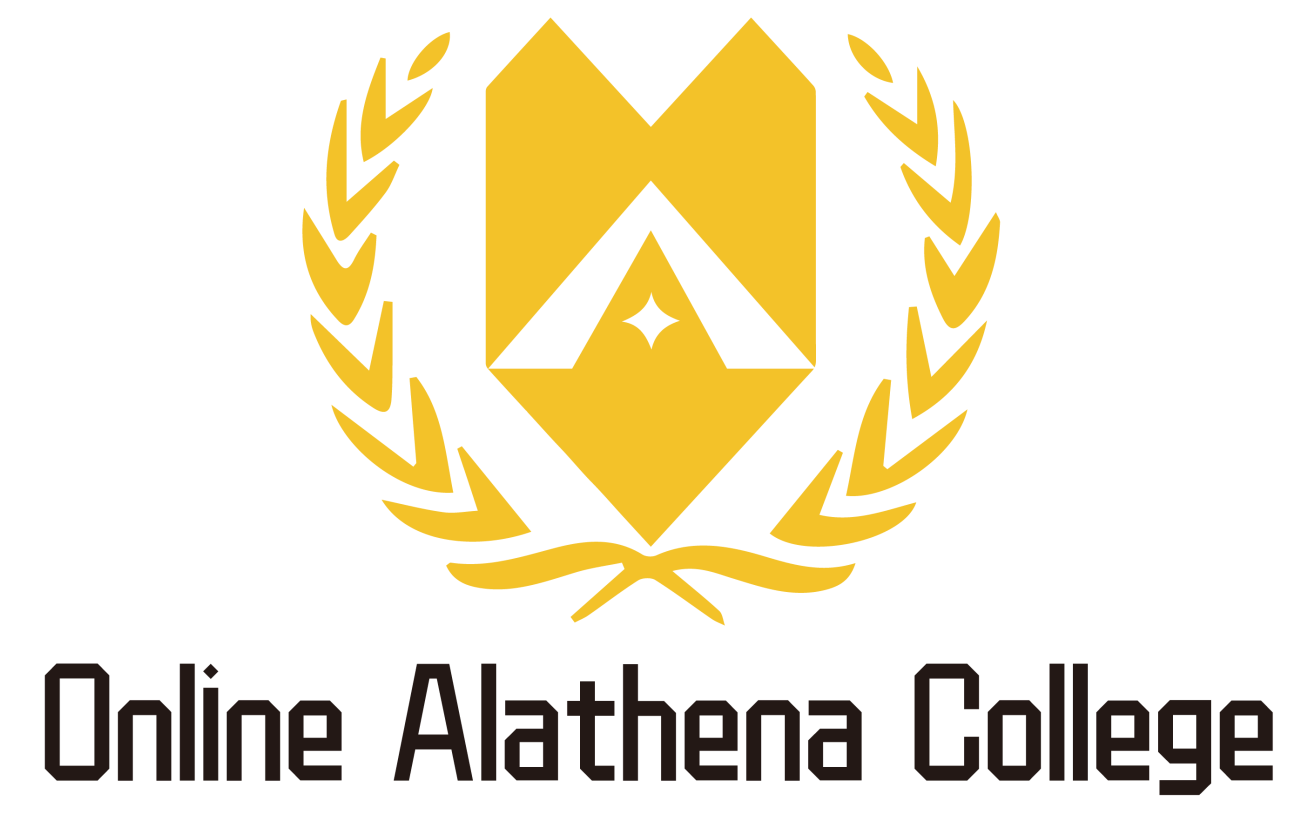Course overview
Biology, Grade 12, University Preparation
-
Course code: SBI4U
-
Level: Grade 12
-
Study time: 110 hours
-
Credit Value: 1.0
-
Prerequisite: SBI3U, Grade 11 Biology
-
Curriculum Policy: Science, The Ontario Curriculum, Grades 11 and 12, 2008 (Revised)
SBI4U
Write your awesome label here.
Course Description
Biochemistry
Students will analyse the technological applications used in the food, pharmaceutical, and medical industries that affect biological processes and cellular functions. They will investigate how molecules and their chemical properties affect cellular processes and biochemical reactions. Students will demonstrate an understanding of the important structural and functional roles compounds play in the cells of all living organisms.
Molecular Genetics
Students will demonstrate an understanding that DNA contains all the genetic information for any living organism. They will investigate how proteins control a wide variety of cellular processes. Students will assess the social, legal, and ethical implications of genetic research and biotechnology.
Population Dynamics
Metabolic Processes
Students will investigate the chemical changes and energy conversions that occur in metabolic processes. They will demonstrate the ways in which an understanding of metabolic processes enables people to make informed choices with respect to a range of personal, societal, and environmental issues.
Homeostasis
Students will demonstrate an understanding of the strict limits on the internal conditions that organisms can tolerate. They will investigate the ways in which organ systems that maintain homeostasis rely on feedback mechanisms. Student will also explore the environmental factors that affect homeostasis.
Students will demonstrate an understanding of how population growth follows predictable patterns. They will investigate how increased consumption of resources and production of waste is associated with population growth and results in specific stresses that affect Earth's sustainability. Students will assess technological developments that can contribute to or help offset the ecological footprint associated with population growth and the consumption of natural resources.
Overall Curriculum Expectations
A. Scientific Investigation Skills and Career Exploration
- A1. demonstrate scientific investigation skills (related to both inquiry and research) in the four areas of skills (initiating and planning, performing and recording, analyzing and interpreting, and communicating);
- A2. identify and describe a variety of careers related to the fields of science under study, and identify scientists, including Canadians, who have made contributions to those fields.
B. Biochemistry
- B1. analyze technological applications of enzymes in some industrial processes, and evaluate technological advances in the field of cellular biology;
- B2. investigate the chemical structures, functions, and chemical properties of biological molecules involved in some common cellular processes and biochemical reactions;
- B3. demonstrate an understanding of the structures and functions of biological molecules, and the biochemical reactions required to maintain normal cellular function.C. Metabolic Processes
C. Genetic Processes
- C1. analyze the role of metabolic processes in the functioning of biotic and abiotic systems, and evaluate the importance of an understanding of these processes and related technologies to personal choices made in everyday life;
- C2. investigate the products of metabolic processes such as cellular respiration and photosynthesis;
- C3. demonstrate an understanding of the chemical changes and energy conversions that occur in metabolic processes.
D. Molecular Genetics
- D1. Analyse some of the social, ethical, and legal issues associated with genetic research and biotechnology;
- D2. investigate, through laboratory activities, the structures of cell components and their roles in processes that occur within the cell;
- D3. demonstrate an understanding of concepts related to molecular genetics, and how genetic modification is applied in industry and agriculture.
E. Homeostasis
- E1. evaluate the impact on the human body of selected chemical substances and of environmental factors related to human activity;
- E2. investigate the feedback mechanisms that maintain homeostasis in living organisms;
- E3. demonstrate an understanding of the anatomy and physiology of human body systems, and explain the mechanisms that enable the body to maintain homeostasis.
F. Population Dynamics
- F1. analyze the relationships between population growth, personal consumption, technological development, and our ecological footprint, and assess the effectiveness of some Canadian initiatives intended to assist expanding populations;
- F2. investigate the characteristics of population growth, and use models to calculate the growth of populations within an ecosystem;
- F3. demonstrate an understanding of concepts related to population growth, and explain the factors that affect the growth of various populations of species.

